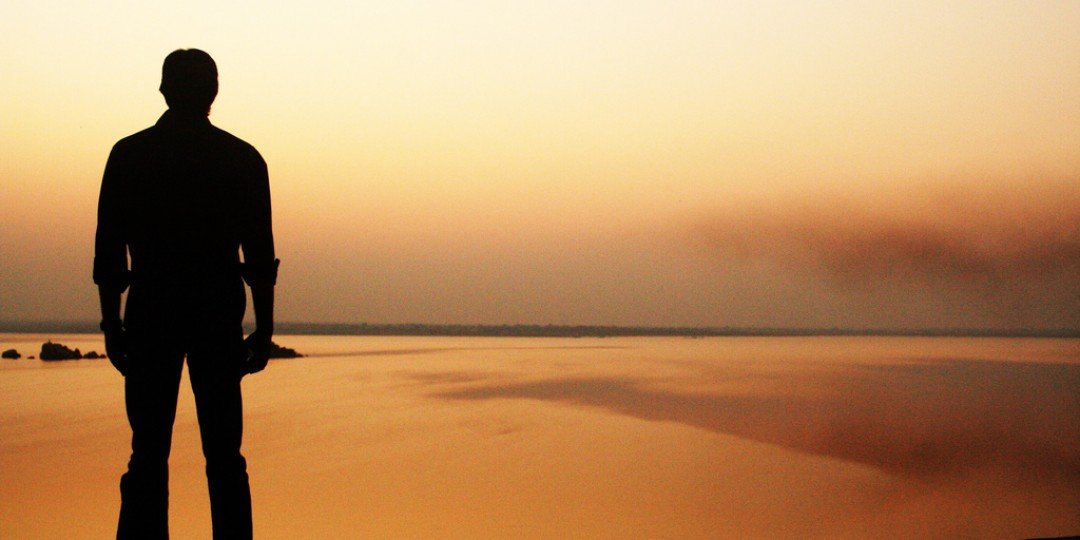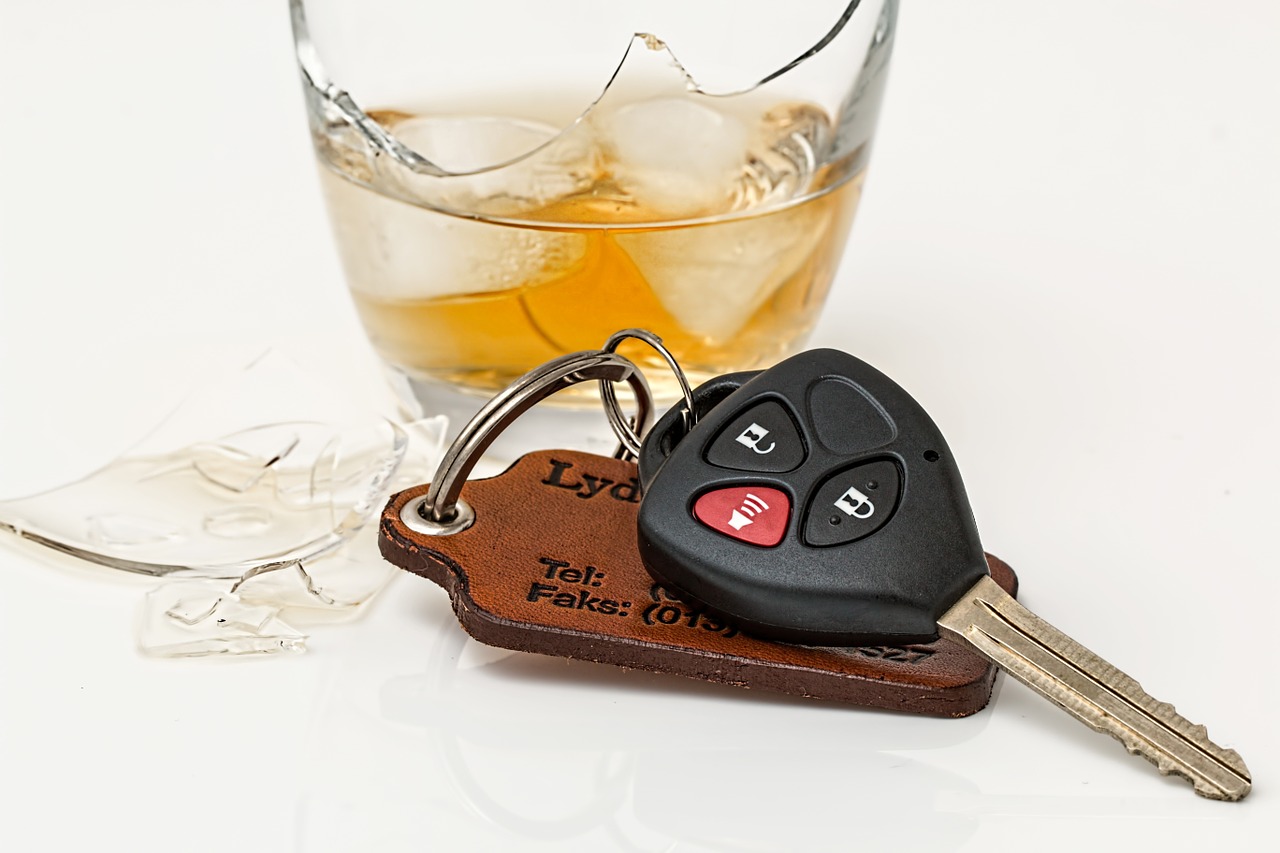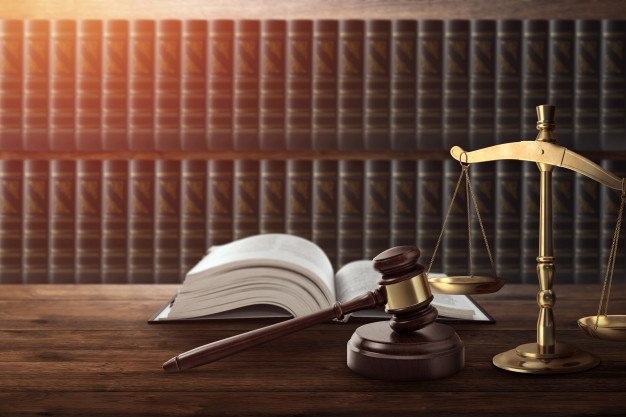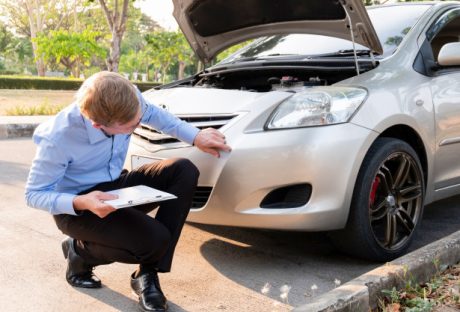Researchers have concluded that living alone, being socially isolated, and feeling lonely can pose significant health risks, particularly in older adults. Although the terms living alone, social isolation and loneliness are often used interchangeably, they are not the same thing. Specifically, living alone and being socially isolated are objective determinations either that a person lives solo, or has few relationships or infrequent social contact. According to the Administration on Aging (a division within the U.S. Department of Health and Human Services), nearly one-third (28%) of non-institutionalized adults 65 and older – 13.8 million people – live alone. Despite living alone, however, these adults may or may not be included within the category of social isolation depending on the nature of their relationships and the frequency of their social contacts.
In contrast, loneliness is determined on a subjective basis. Loneliness is based on a person’s individual feelings of disconnectedness, isolation, or not belonging. Said differently, loneliness arises because of the divergence between a person’s desired level of social connection and the actual level of connection. To be clear, a person living alone may not necessarily feel lonely, whereas someone living with a number of other people may still experience loneliness.
Risk Factors
A recent survey of older adults determined that 43% feel lonely on a regular basis. More concerning is that among those who report feeling lonely, there is a 45% increased mortality risk. Steve Cole, the director of the Social Genomics Core Laboratory at UCLA, explains: “Loneliness acts as a fertilizer for other diseases. The biology of loneliness can accelerate the buildup of plaque in the arteries, help cancer cells grow and spread, and promote inflammation in the brain leading to Alzheimer’s disease. Loneliness promotes several different types of wear and tear on the body.”
Research has established links between living alone, social isolation, and loneliness to a variety of physical and mental conditions, including high blood pressure, heart disease, obesity, a weakened immune system, anxiety, depression, cognitive decline, Alzheimer’s disease, and even death. Indeed, a recent meta-analysis – representing cumulative evidence from 148 studies involving over 300,000 participants – determined that greater social connection is associated with a 50% reduced risk of early death. A second meta-analysis by the same researchers – representing cumulative evidence from 70 studies involving more than 3.4 million participants followed for an average of 7 years – similarly concluded that living alone (objective determination), social isolation (objective) and loneliness (subjective) each had a significant effect on the risk of mortality. Specifically, the analysis concluded that the likelihood of death increased a statistically significant 26% for loneliness, 29% for social isolation, and 32% for living alone. To put those risks in context, the researchers determined that the magnitude of risk is comparable to – and in some cases even exceeds – other well-accepted risk factors such as smoking (up to 15 cigarettes a day), obesity, lack of physical exercise and high blood pressure.
Loneliness has also been associated with increased emergency admissions to a hospital, longer length of stays, and delayed discharges. In fact, a November 2017 study concluded that the lack of social contacts among older adults is associated with an estimated annual increase in Medicare spending of $6.7 billion.
One Can Be the Loneliest Number, But it Doesn’t Have to Be
Greg Bishop, an attorney in Park City, suggests that retirement is a great opportunity to develop the types of connections that can prevent or alleviate the health consequences of living alone, being socially isolated, or feeling lonely. He notes that although there is a general consensus about the potential problem areas, the solutions are more elusive. He explains that although living alone and being socially isolated are determined objectively, the underlying causes are overtly personal. For example, living alone may be the result of the death of a partner or because of a recent divorce, whereas being socially isolated may arise from relocating after retirement or from the children moving away. Given that the underlying causes vary drastically, the solutions for living alone, being socially isolated, and feeling lonely will also differ. In short, there is no one-size-fits-all solution to these issues.
That said, older adults will likely benefit from the following suggestions:
- Proactively stay involved in the lives of your family and friends. Find meaningful ways to connect with them via video chats, phone calls, text messages and letters
- Establish new social connections – go to the gym, take a dance class, learn to play chess, or join a book club
- Establish a more meaningful relationship with a church or social groups
- Look for opportunities to help and serve others. Fred Rogers – the television icon from Mister Roger’s Neighborhood – shared that when he was a boy and saw scary things on the television news, his mother told him to “Look for the helpers. You will always find people who are helping.” While that advice comforted him as a child, perhaps better advice for older adults dealing with social isolation and loneliness would be to “Look to be a helper. There are always people who are in need of help.”
Read Also:
- 6 Signs That You Need To Hire a Personal Injury Attorney
-
Don’t Battle It All Alone: 5 Reasons Why You Need an Adoption Attorney
-
These Four Qualities Are What You Should Be Looking For In Attorneys!






















